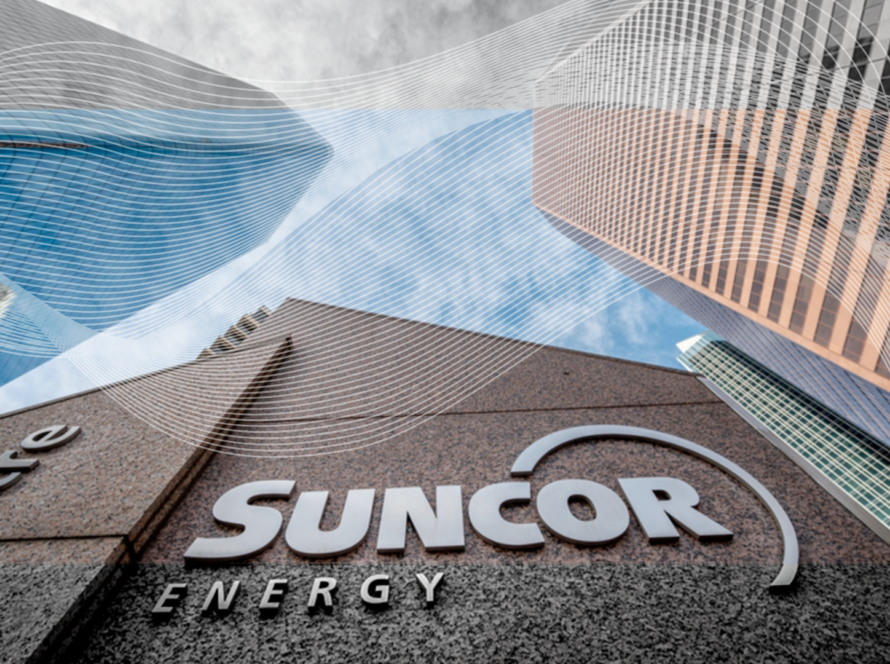Earlier this year, 98% of Cenovus’ investors voted in favour of our shareholder proposal on climate lobbying after management recommended voting for it. The clock is therefore ticking on the company producing a report on its activities, but what needs to be in such a report to make it credible?
Investors have a direct interest in ensuring that the companies they invest in are doing what they say they are doing – that their disclosures are accurate. However, InfluenceMap who conducts the climate lobbying evaluation for Climate Action 100+, found in its report on Cenovus and Canada’s oil and gas sector that these companies are engaging in “net zero greenwashing” as they heavily promote their net zero commitments while lobbying against Paris-aligned climate policy and promoting oil and gas expansion.
Since the vote on our shareholder proposal, Climate Engagement Canada (CEC) has released its Net Zero benchmark indicators. CEC is focusing on select Canadian TSX-listed companies that are the highest GHG emitting companies not engaged by Climate Action 100+. The benchmark is closely aligned with the Benchmark developed by Climate Action 100+ and provides a set of common standards for investors to evaluate corporate issuers’ progress towards aligning with the Paris Agreement’s ambition: limiting global warming to well below 2 degrees Celsius, while pursuing efforts to limit the increase to 1.5 degrees.
As Cenovus begins its work to fulfill investors’ support for the resolution, it needs to take guidance from the results of InfluenceMap’s assessment of the company’s climate lobbying as well as the recently released CEC Net Zero benchmark.
Based on Influencemap’s assessment, Cenovus biggest areas of potential improvement include:
- The inconsistency between Cenovus communicating high-level support for climate policy action while at the same time actively resisting a range of Paris-aligned policy levers that governments are taking in their response to climate change. Specifically, Cenovus negatively engaged on Canada’s key GHG emissions reduction policies including opposing policy that supports a Paris-aligned, 42% drop in oil and gas emissions by 2030;
- Moving away from actively promoting a sustained role for fossil fuels in the energy mix in Canada and globally that is contrary to the Paris-Aligned, IPCC pathways on oil and gas to limit global warming to 1.5°C;
- Cenovus appears to show limited transparency on its membership of industry associations – the company has disclosed a list of industry associations to which it holds membership to, but it does not disclose details of organizations’ climate change policy positions or indicate whether Cenovus’ climate change policy positions are aligned with the industry associations in question; and
- Opaque lobbying. The company does not provide enough disclosure regarding the positions it takes during its climate policy engagements with government officials, and this extends to the activities of the industry associations that it funds.
The new Climate Engagement Canada benchmark provides specific guidance on climate lobbying that include commitments to:
- Conduct company’s advocacy in line with the goals of the Paris Agreement and to disclosure its climate-related lobbying activities;
- Ensure that the trade associations the company is a member of lobby in line with the goals of the Paris Agreement and disclose trade associations memberships, policy submissions, and grassroots lobbying communications; and
- Conducting and publishing a review of its trade associations’ climate positions/alignment with the Paris Agreement and the company explains what actions it took as a result of this review.
Investors who voted for our resolution are expecting Cenovus to publish a report that outlines whether and how Cenovus is aligning its direct and indirect lobbying and public policy advocacy with its net zero goal. A final report that remedies shortfalls identified by InfluenceMap’s assessment and incorporates Climate Engagement Canada’s Net zero benchmark guidance will meet investor expectations by delivering a report on climate lobbying that is credible and consistent with a Paris-aligned net zero commitment. We hope to see such a report by the end of this year.



